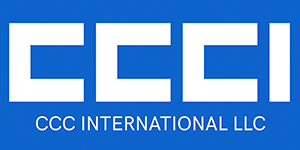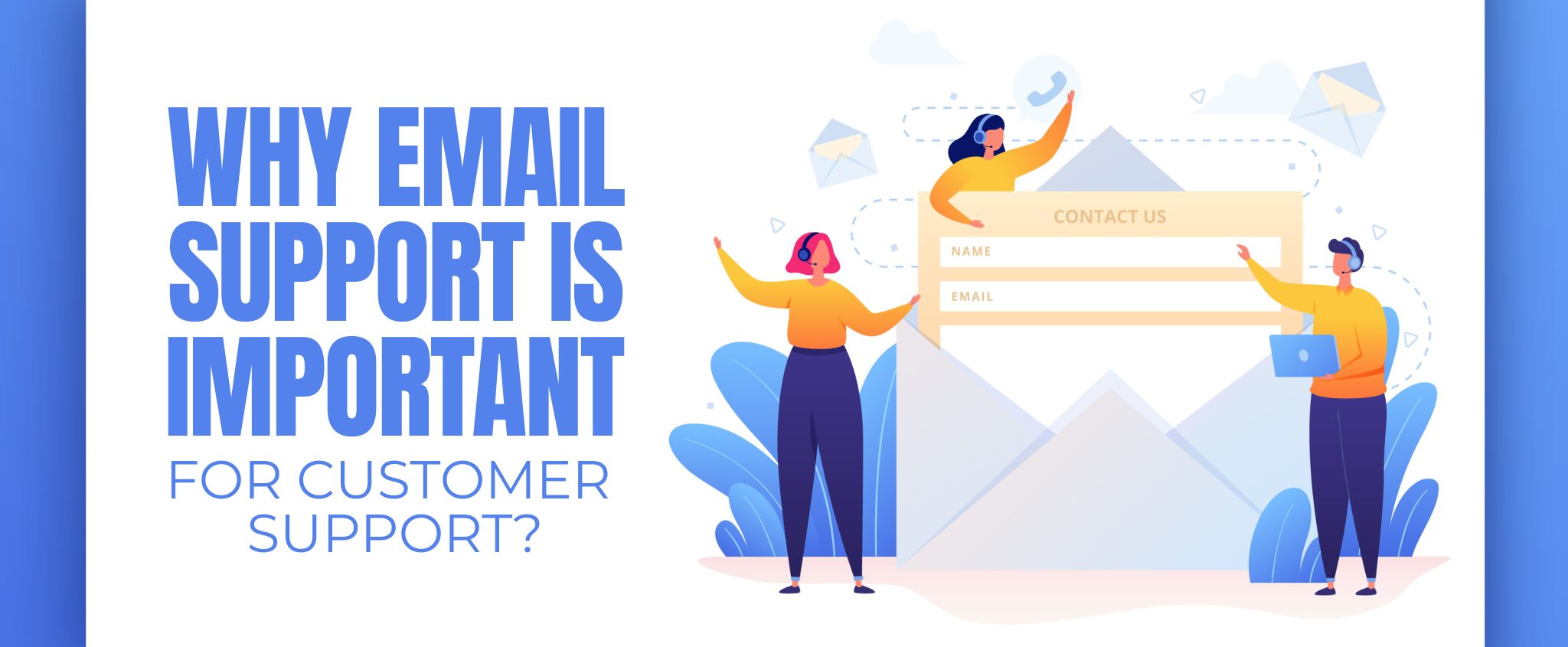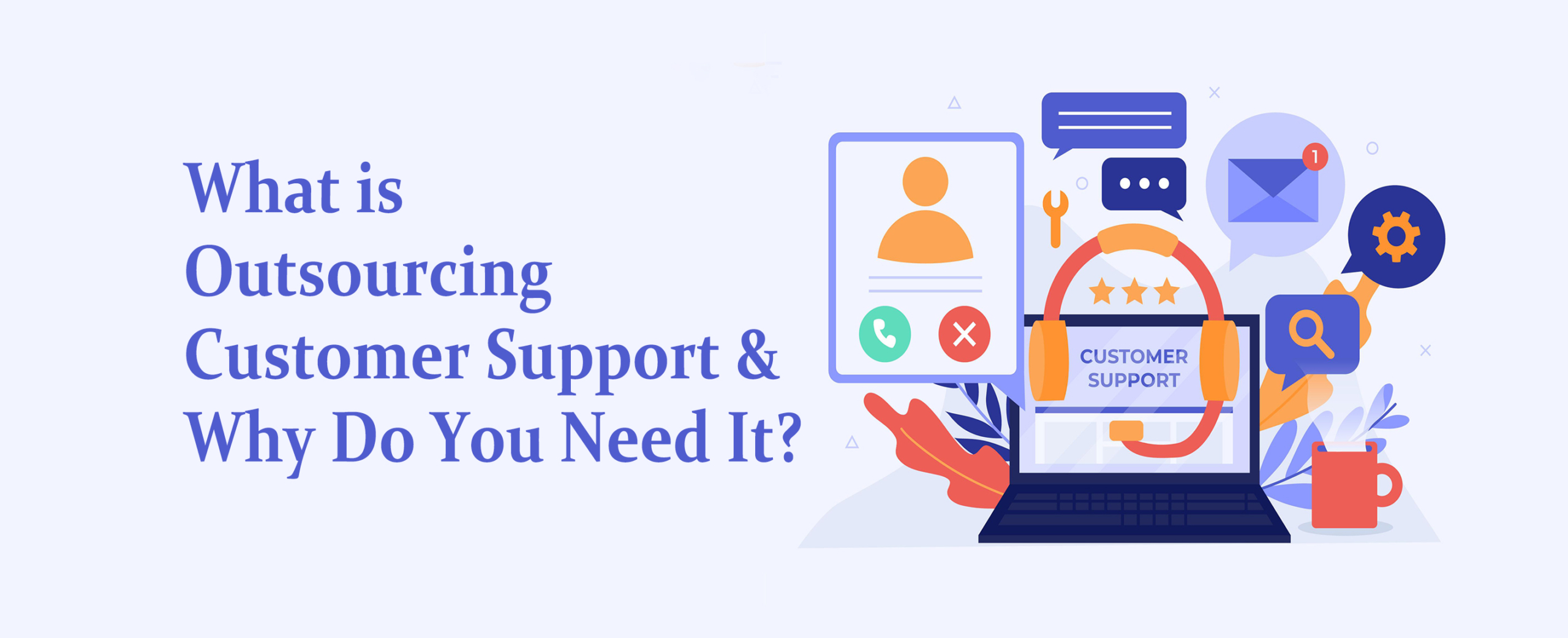What Is BPO And How Can It Help Your Business Succeed?
Defining “BPO”
Business process outsourcing is the process of contracting with a third party company for a specific service. It is more commonly referred to in the industry as BPO.
Following the size of the business and market, there are multiple ways for an organization to start outsourcing. For example, a start-up business will be inclined to outsource all back-office and front-office duties due to a lack of resources. On the other hand, an existing organization could continue to view outsourcing as beneficial, allowing work to be done more accurately with less time and expense.
How It Started
Outsourcing, like most systems, had modest beginnings.
Today’s innovative collaborations were the offshoot of easy solutions for firms that were not entirely independent or sought to cut costs. Some financially conscious corporations outsourced to different non-central and non-vital firms, who can do the work at a slightly lower rate. After the Second World War, Morton Meyerson of EDS (Electronic Data Systems) officially introduced outsourcing as a corporate technique in 1967, and it became a relatively well-established method.
Before they became what we know of them today, BPO service providers had their first real shot in the late eighties, when Kodak shocked the industry by outsourcing its own IT systems. It was the first time outsourcing was accepted as an effective strategic solution to an organization’s technical needs.
No later than 1981, the phrase “outside resourcing” was officially used. The term “outsourcing” originated from this phrase. The definition involves outsourcing to international, local, onshore, and offshore companies with numerous industries.
In the decade that followed, other companies that were inspired by Kodak’s performance successfully leveraged BPO service providers. In this stage, however, BPO companies were still either regionally close or domestic in their operations. According to statistics, the share of value gained by outsourcing tripled from 20% in 1946 to 60% in 1996. Most of this, of course, existed before the era of the Internet.
BPO in the Information Age
From the late 1990s until the early 2000s, the Internet may not have been as good as it is now, but it has given us the structure and design of the BPO we recognize. Based on cost-effectiveness, an increasing number of companies currently rely on outsourcing partners in countries such as India, China, and the Philippines for their non-core business functions.
The leading BPO businesses entered a period of considerable market sophistication in the mid-2000s. Naturally, as with any growth-oriented field, they began wondering if they should do more. BPO corporations began to re-evaluate their position in the multinational supply chain and began creating their narrative: to take on the role of strategic partners and to expand into central and back-office activities. To improve consistency and effectiveness, prospective BPO service providers have been implementing methodologies for systems such as Lean and Six Sigma.
BPO services companies started to build new capabilities in their portfolios at the end of the 2000s, which introduced more dynamic and high-value processes with more expertise. Professional BPO service providers have achieved this development by using new strategies and expanding their workforce’s capability to serve growing business demands. This included the build-up of talent in different fields, the use of technological advances, and a highly educated workforce.
Today, BPO vendors also provide high-end capabilities such as financial and industry research, credit assessments, customer analytics, cybersecurity solutions, digital information processing, and more. Through their collective competencies, BPOs have been able to support their clients generate greater interest by assimilating a range of products and services. The change was part of the global expansion of the cloud as businesses started to pursue the Everything-as-a-Service model.
Over the years, more brands have embraced the convenience of outsourcing. Traditional in-house activities such as data processing, social media marketing, and customer support (chat or call) operations are now part of many conventional BPO companies.
BPO’s Flexible Service Menu
Professional BPO services are primarily used to outsource two main aspects of a business operation which are front-office and back-office tasks. A company will use outsourcing in the front office for different tasks such as customer service, distribution, and promotions. In the same way, back-office tasks such as IT, HR, email management, chat assistance, etc. can be managed and operated by omnichannel BPO organizations.
To be an internationally competitive business, if you want to cross borders and raise brand awareness, you need to have more than high-quality products and services. You must take care of your clients with a multi-channel range of support services (Omnichannel BPO) to effectively raise profitability and extend the market scope.
Benefits of BPO Communication Services
What are the key benefits of offering multilingual BPO customer support services to your customers?
- Enhanced customer experience
- Consistent support
- An increase in efficiency
- A successful business campaign leading to the growth of a broader customer base
- Standing out from the competition
Likewise, considering the evolution of information systems and technologies, offering cross-channel communication services such as multilingual email support, call and chat support, interpretation, transcription, timing, and subtitling must not be overlooked.
One of the most prevalent types of BPO services needed by an expanding corporation is multilingual support. In more ways than one, taking advantage of a multilingual business process outsourcing service will unquestionably help your business expand internationally.
These are just a handful of the many attributes you can take into account when focusing on expanding your global footprint. Not many organizations have the bandwidth or know-how to perform such tasks. If yours is a growing company, consider business process outsourcing to further expand your business.
CCC International, a Top-quality Global BPO Service Provider
All organizations will encounter the need to improve customer service in one way or another. You can leverage decades of combined experience, insights, and premium bilingual teams when you work with CCCI.
We provide general and specialized translation, game localization, manga and comic services, and multilingual support services to foreign-speaking consumers in 30+ languages. Whether in Europe, Asia, the United States, or the Caucasus region, CCC International provides customer service solutions in and for every country in the globe.
CCCI will allow you to expand your scope whether you are already a global company or a brand just making your way in the business world. Let’s chat about your new multilingual BPO customer support service today!



